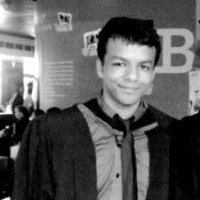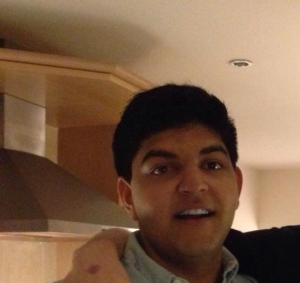MA Politics
For me, I see education as the key to my future success. Whilst you do not necessarily need a politics master’s degree to work in politics, I feel it sets you apart from the crowd, demonstrates your commitment to academia and increases your knowledge. I have always secretly aspired to work for the United Nations, and when looking into this it became apparent that a master’s degree would benefit anyone wanting to progress their career in this direction. However, I knew from the onset I would have to overcome some barriers and juggle a number of commitments if I was going to continue with my education.
I spent most of my childhood in foster care and for many years felt disengaged from the educational system. I questioned throughout the application process if I was even smart enough to do this, and it felt at the time as though the odds were not in my favour. But with some coaxing and support from friends I realised I would lose more by not trying; if I did not try I would never know if I could take that step, and likewise, if I do not try to work for the UN, I will never work for the UN. I think it is worse not knowing that failing.
I worked full time throughout my undergraduate degree so I had a good idea at what I was taking on. I’m now studying part-time and working full-time, and from my experience I would say that this is not an uncommon occurrence; many of my friends work part time/ full time too. Whilst I am not suggesting this is an easy task I would say it is more than doable with the right mind set. I currently work as a product manager for an IT distributor based outside of Leeds. They are very understanding of my commitment to education and give me my lectures off from work, and I then study over two/ three dinner breaks during the week. Employers must be seen to be nurturing your development and this is important aspect to consider when choosing your job. Some people may be in their “forever” job whilst studying, that’s great! Some people may not be which is fine too; I have found finding a job that understands your long term goals and supports you to accomplish them to be a very important factor.
Organising my time is key. I allocate a set number of books I want to read or words I need to write and stick to it; I read on the train, eating dinner and on my lunch hour and I write when I get home on an evening. I write detailed plans and ensure I manage my time in the plans. I find this way if I spend enough hours in the week working I get to spend the weekends socialising with friends. My course requires I spend a total of 18 hours a week in personal study and lectures per module. Some weeks I find I spend almost double this amount of time on university work; this is generally close to hand in dates or presentations.
Whilst I know it isn’t easy studying this way, many of us do not have a choice. It can be hard work, but worth it in the end!
Holly is in receipt of the Postgraduate Financial Support Package, now the Leeds Masters Scholarships Scheme for 2015 entry. To find out more about this funding, please visit here.









